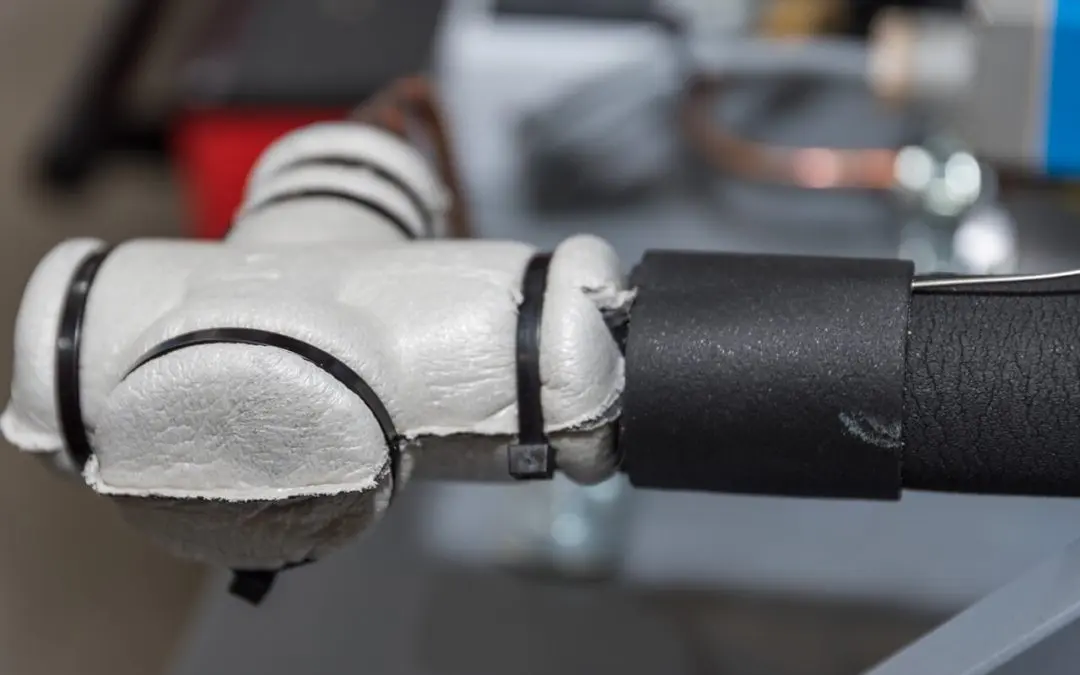Leaks in the basement can go undetected, leading to severe water damage before anyone notices a problem. The basement of a home is visited less frequently than other areas of the house. To keep your home safe and protect your investment, here are a few helpful tips to prevent basement plumbing leaks.
Maintain Your Downstairs Appliances
Many household appliances are on the lower levels of a home, including the water heater and laundry machines. Maintaining these appliances is necessary to prevent plumbing leaks in the basement.
Water heater leaks can cause damage to your home and be very costly to repair. To help prevent leaks, check the appliance regularly for signs of problems. If you notice moisture around the water heater, call a professional to have it repaired as soon as possible.
Have a professional service the water heater. They will drain the tank to remove sediment and check and replace the anode rod to keep it working correctly. Regular inspections will identify issues before they become serious. These tips help prevent water heater leaks and will save money and headaches.
If your laundry room is in the basement, you might forget to inspect the washing machine. One of the best ways to prevent leaks is to regularly check the hoses for any signs of wear or damage. If you see any cracks or holes, install a new hose as soon as possible. Replace appliance hoses every three to five years.
Another way to help prevent leaks is to verify the connections between the washing machine and the water supply are secure. Over time, these connections can loosen; check them periodically and tighten them if necessary.
Finally, ensure the door seal on your washing machine is clean and in good condition. A dirty or damaged door seal can lead to leaks.
The Basement Bathroom Might Experience Plumbing Leaks
If you have a bathroom in the basement, the fixtures – including the sink, toilet, tub, or shower – may leak.
Bathroom plumbing leaks are messy and expensive to fix. Take steps to prevent leaks from happening in the first place.
One of the most common causes of plumbing leaks is faulty or old fixtures. If your faucets or toilets show wear and tear, replace them before they leak.
A leaking toilet can be a nuisance and cause water damage, especially in the basement, where the problem could go unnoticed.
Check the seals around the base of your toilet. If loose, use silicone caulk or a plumber’s putty to seal them.
- Inspect the bolts that secure the tank to the bowl. Tighten them with a wrench if necessary.
- Flush the toilet and check for leaks around the flush valve. If there is a leak, replace the gasket or washer.
- Listen for running water after you flush your toilet. If you hear water, adjust the float to stop when the tank is full.
Insulate Pipes on Exterior Walls to Prevent Basement Plumbing Leaks
In the winter, frozen pipes are a concern for many homeowners. When temperatures drop, the water inside pipes can freeze, leading to burst pipes and water damage. To prevent your pipes from freezing, insulate them. Purchase foam pipe insulation at your local hardware stores. Cut the insulation to size and wrap it around your pipes. Secure it with tape, so it doesn’t come loose.
Another option for inexpensive pipe insulation is newspapers. Wrap them around the pipes and secure them with tape or string. Newspaper isn’t as effective as foam insulation, but it’s better than unprotected pipes in cold weather.
When insulating pipes in the basement, take care to wrap the plumbing on the exterior walls. These pipes are most susceptible to freezing temperatures. In frigid climates, or for extra protection, purchase heat tape to install on the pipes. Heat tape warms the plumbing to keep water flowing.
Jones & Cooper Home Inspections provides inspections to customers in the Metro Louisville area. Contact us to request our services.

